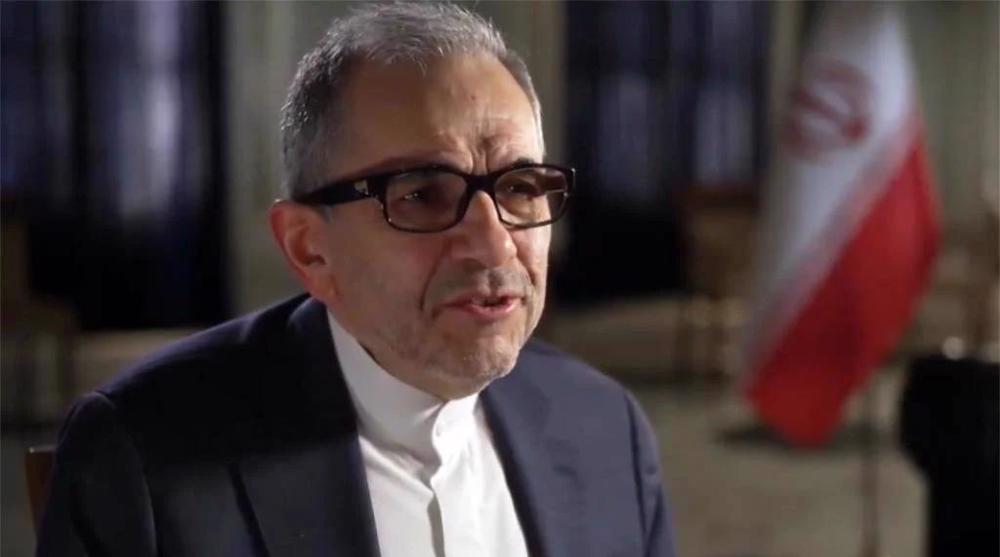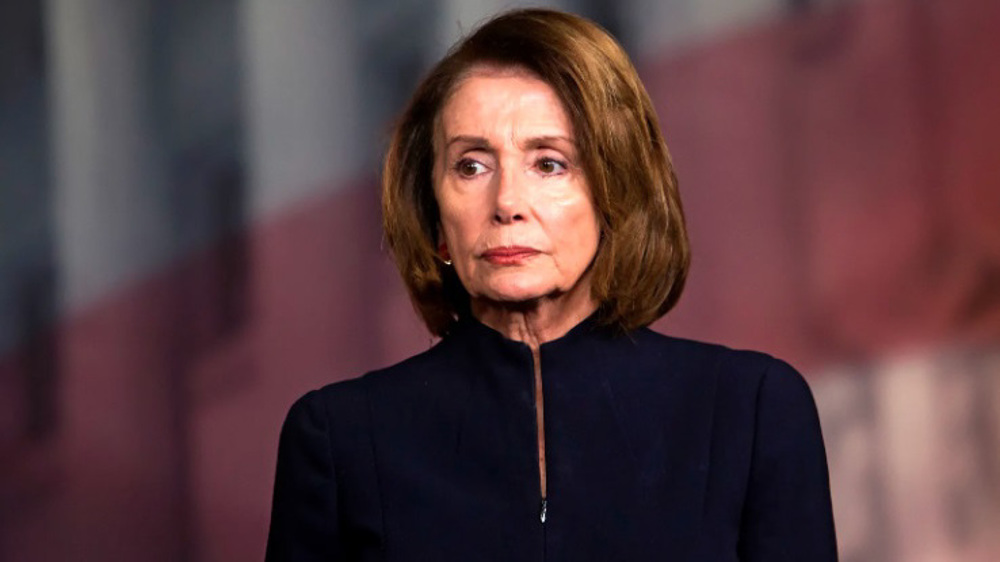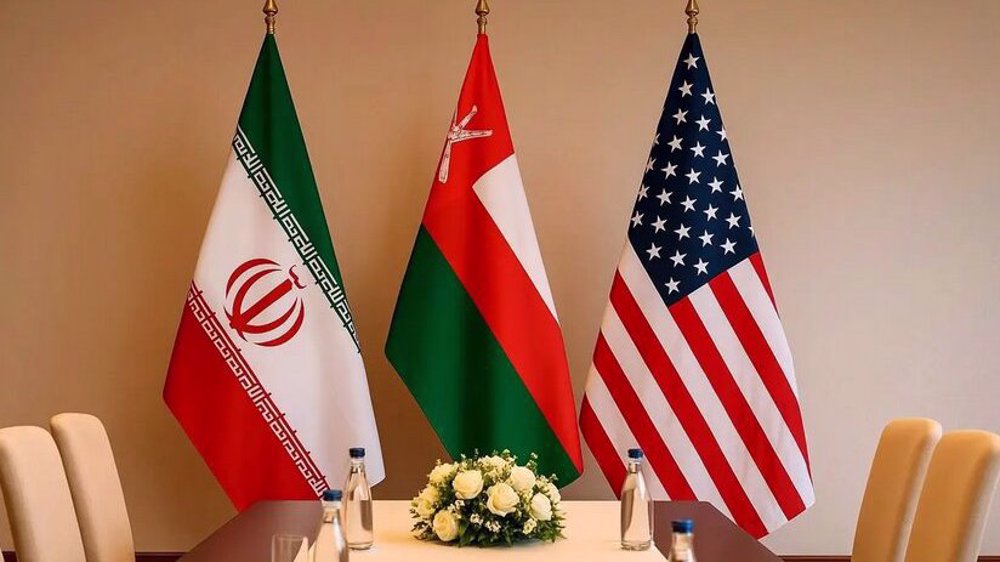Everything is clear, ‘snapback’ hasn’t happened: Russia’s UN diplomat
Washington’s ‘snapback’ regarding the UN Security Council’s sanctions against Iran has not taken place, says Russia’s Ambassador to the United Nations Vassily Nebenzia.
“On the snapback, I think everything is clear. The snapback has not happened,” Nebenzia told reporters on Thursday in his capacity as President of the UN Security Council for the month of October.
He emphasized that the 15-member Council had discussed unequivocally the US demand to trigger the snapback against Iran, saying almost all members had expressed opposition in separate letters to the Council’s president in August.
They stated that Security Council Resolution 2231, which endorses the nuclear deal, officially known as the Joint Comprehensive Plan of Action (JCPOA), signed between Iran and major world powers in 2015, stays intact, the Russian diplomat noted.
US Secretary of State Mike Pompeo, Nebenzia said, announced on September 19 that following the expiration of the grace period of snapback – the 30 days – the mechanism was in force.
After Pompeo’s announcement, the same Council countries, in letters to the president and the UN secretary-general, said they believed the snapback was wishful thinking of the United States, the Russian ambassador added.
"So we are living in a situation of no snapback, of the full implementation of Resolution 2231. I understand that the US themselves understand it, and they simply use that situation in order to go with their own unilateral sanctions on Iran, to continue their policy of maximum pressure on that country," Nebenzia said.
The United States has been trying to invoke the mechanism in the multilateral nuclear agreement despite its withdrawal in May 2018 in violation of Resolution 2231.
The United States’ most prominent Western allies have refused to fall into step with the push, which follows Washington’s humiliating defeat in securing an extension of the UN arms embargo against Iran at the Council.
The president of the Security Council on August 25 dismissed attempts by the US to reinstate all UN sanctions against Iran, citing a lack of consensus in the 15-member body.
In a statement released on September 20, the three European signatories to the JCPOA, also known as the E3, said a claim by the United States that it has restored Iran sanctions through the mechanism had no legal effect.
The foreign ministers of France, Germany and the United Kingdom said Washington was not a participant to the JCPOA and thus its notification on snapback sanctions “is incapable of having legal effect.”
Read more:
Iran’s uneven fight against US-led financial firewall
Iran joins club of countries with 110 advanced cell therapy products
Zelensky seeks 20-year US guarantee to ink Ukraine-Russia peace deal
VIDEO | Press TV's news headlines
Iran says ball in US court to prove seriousness about making deal
Austrian press casts Iranian ties as threats, spotlighting bias and selective freedom
Munich 'circus' excludes Iran’s elected representatives, platforms ‘regime change’ lobbyists
Israeli reservists exploited secret bombing intelligence to bet on Gaza strikes













 This makes it easy to access the Press TV website
This makes it easy to access the Press TV website